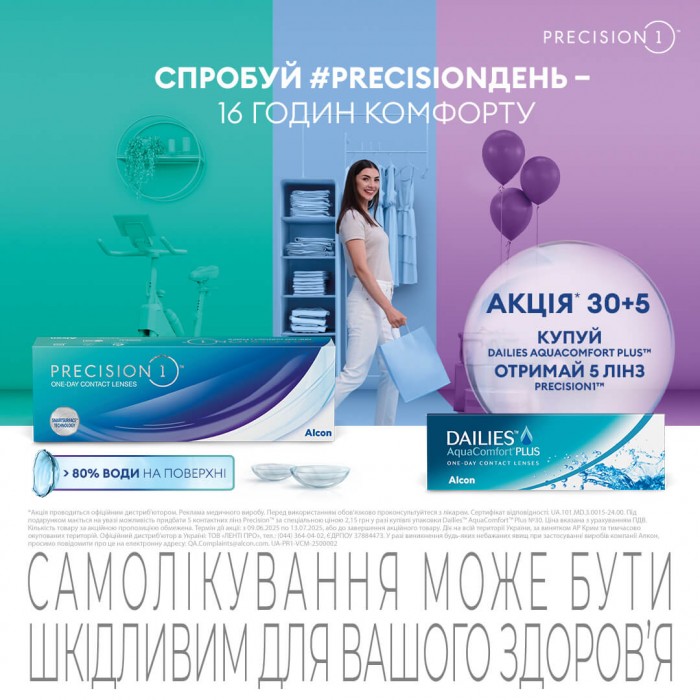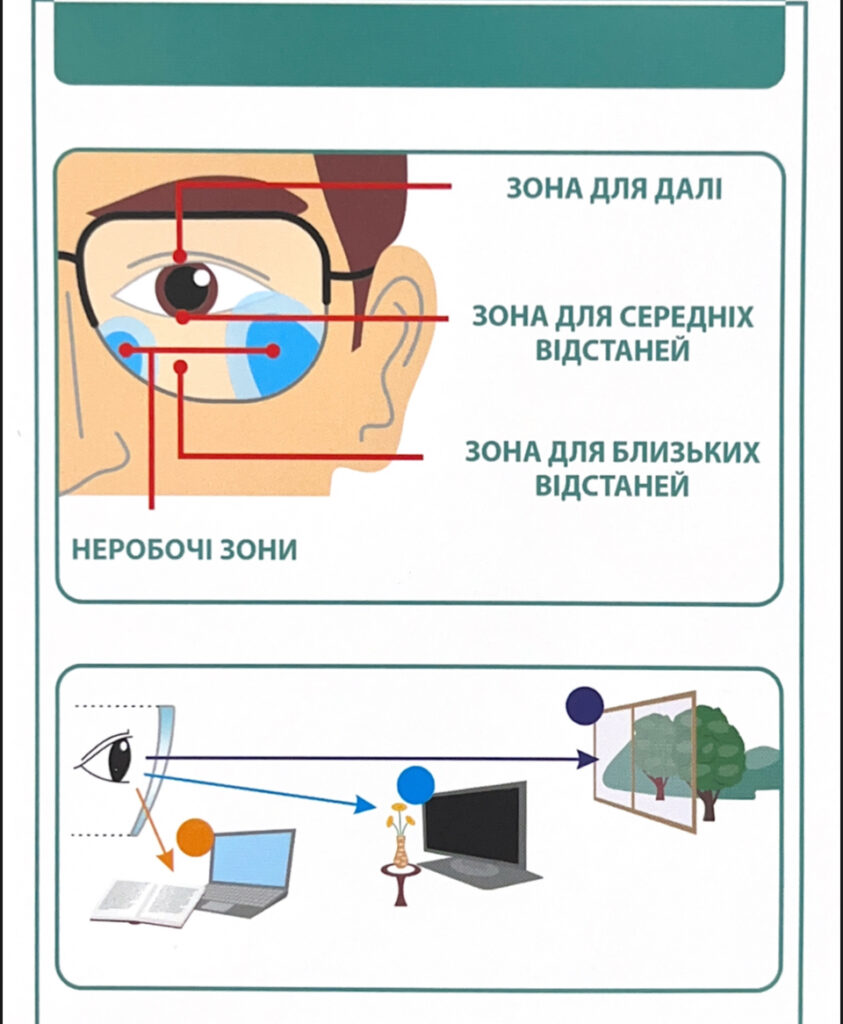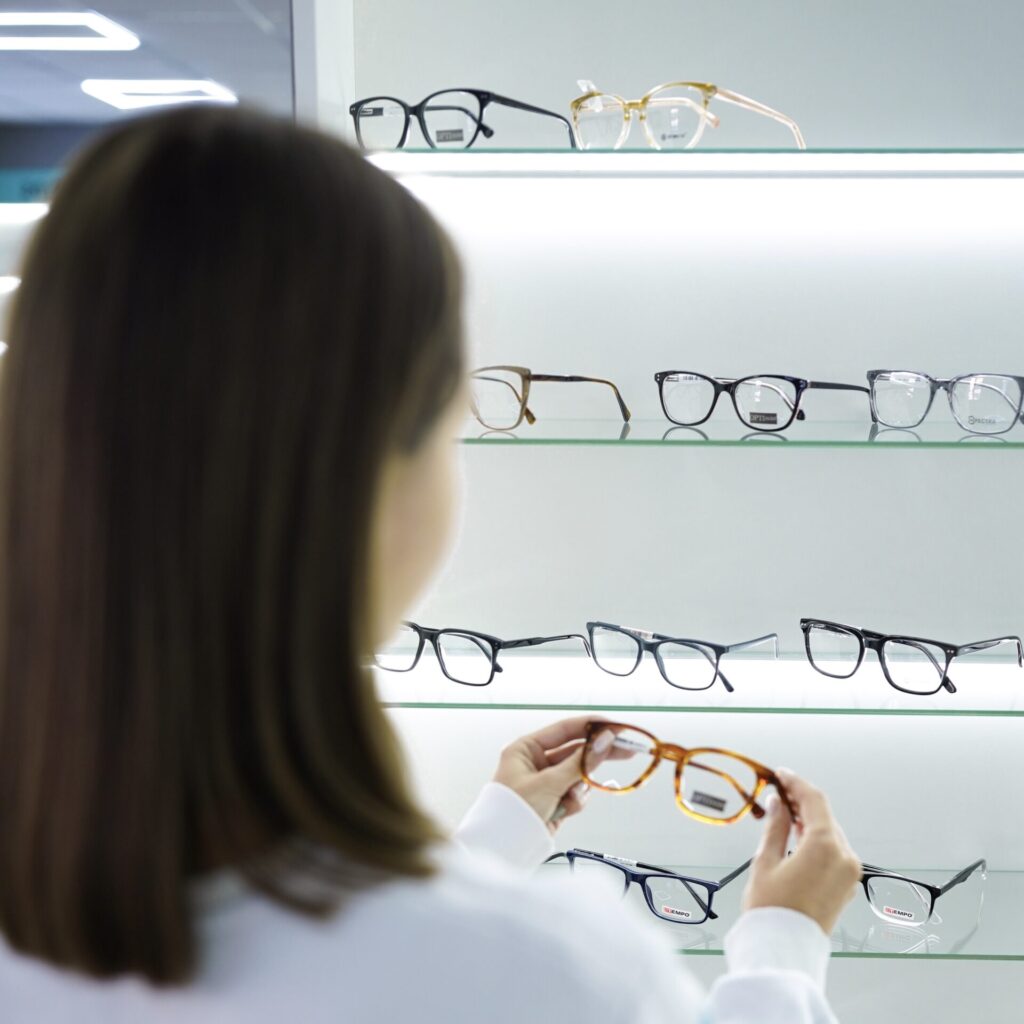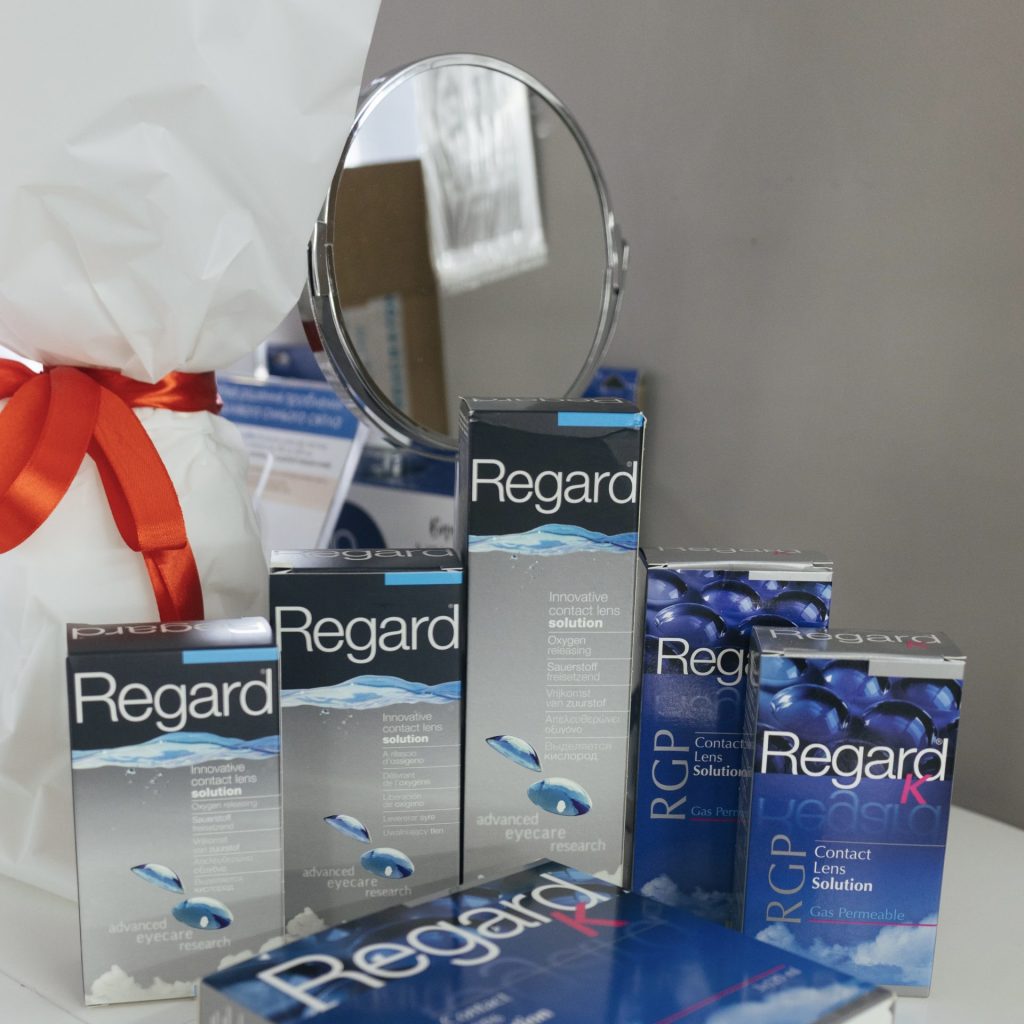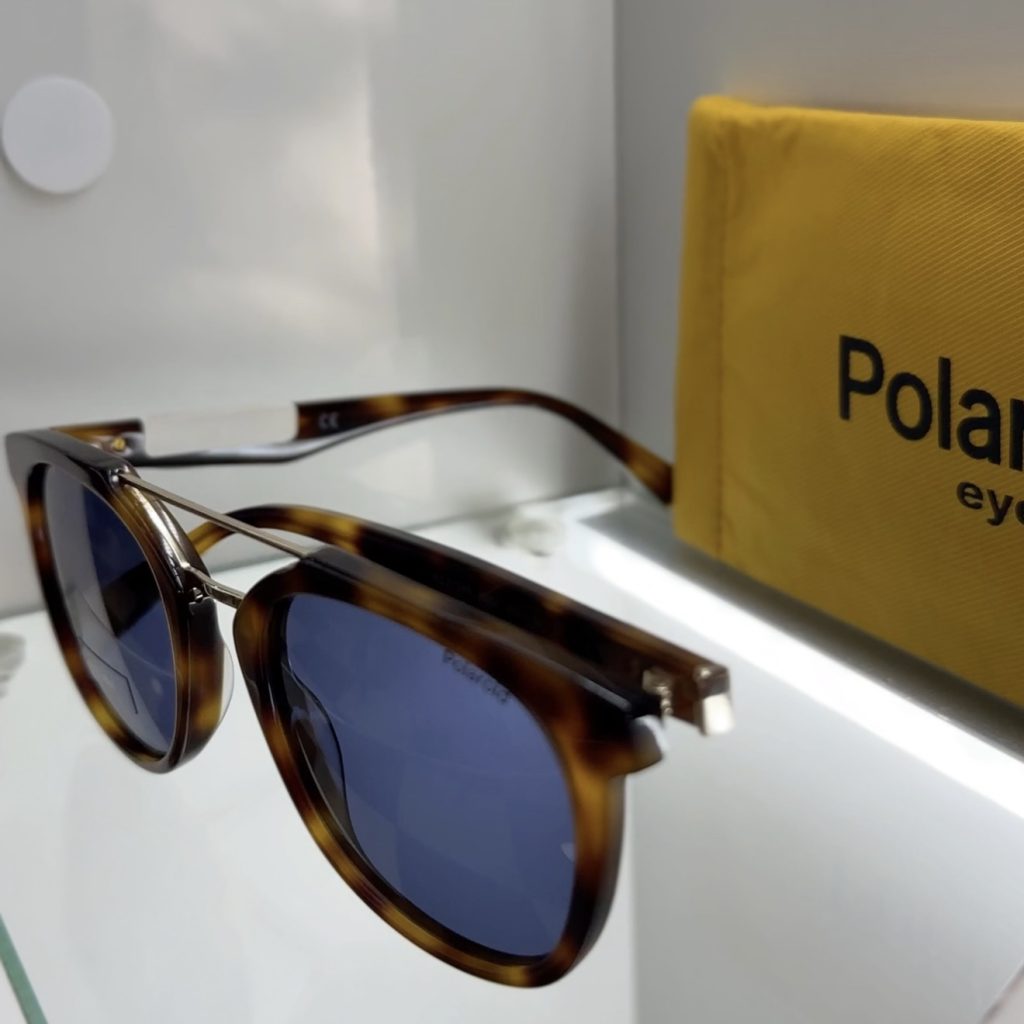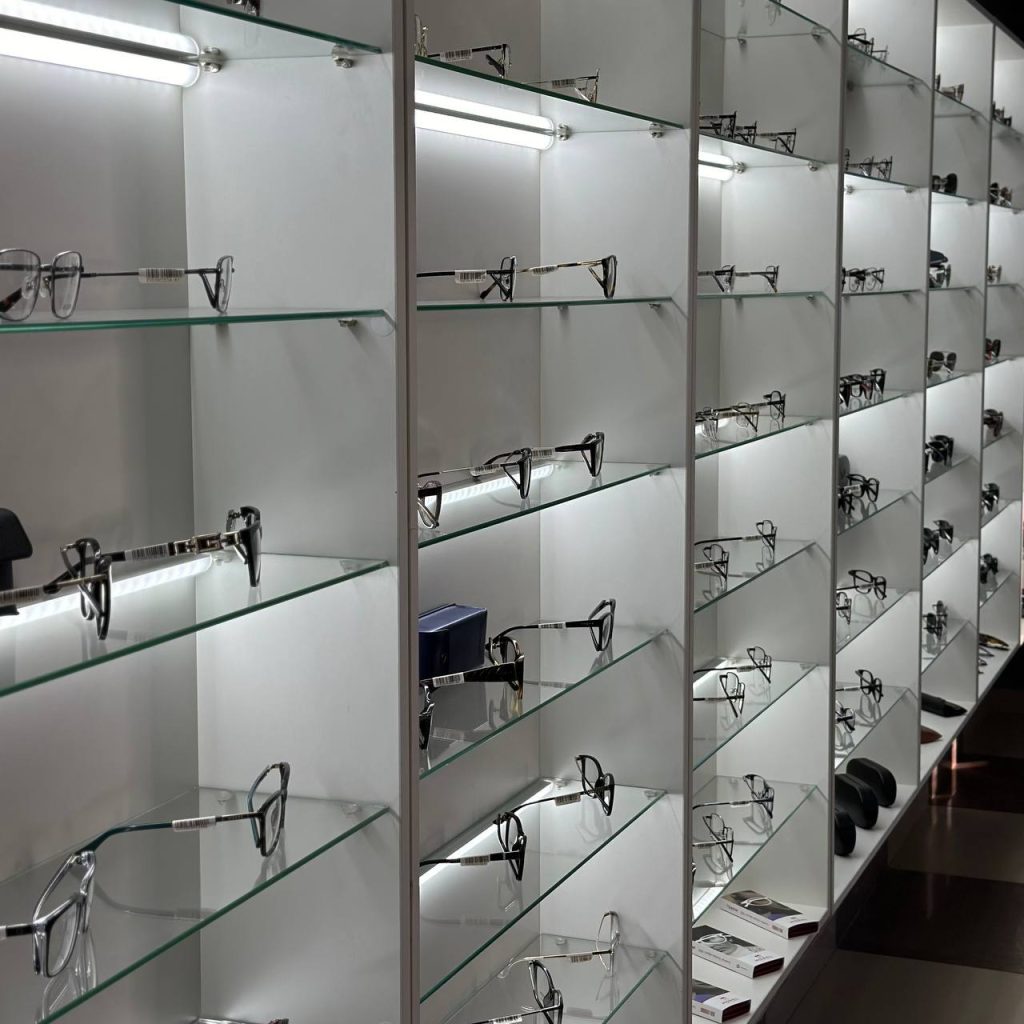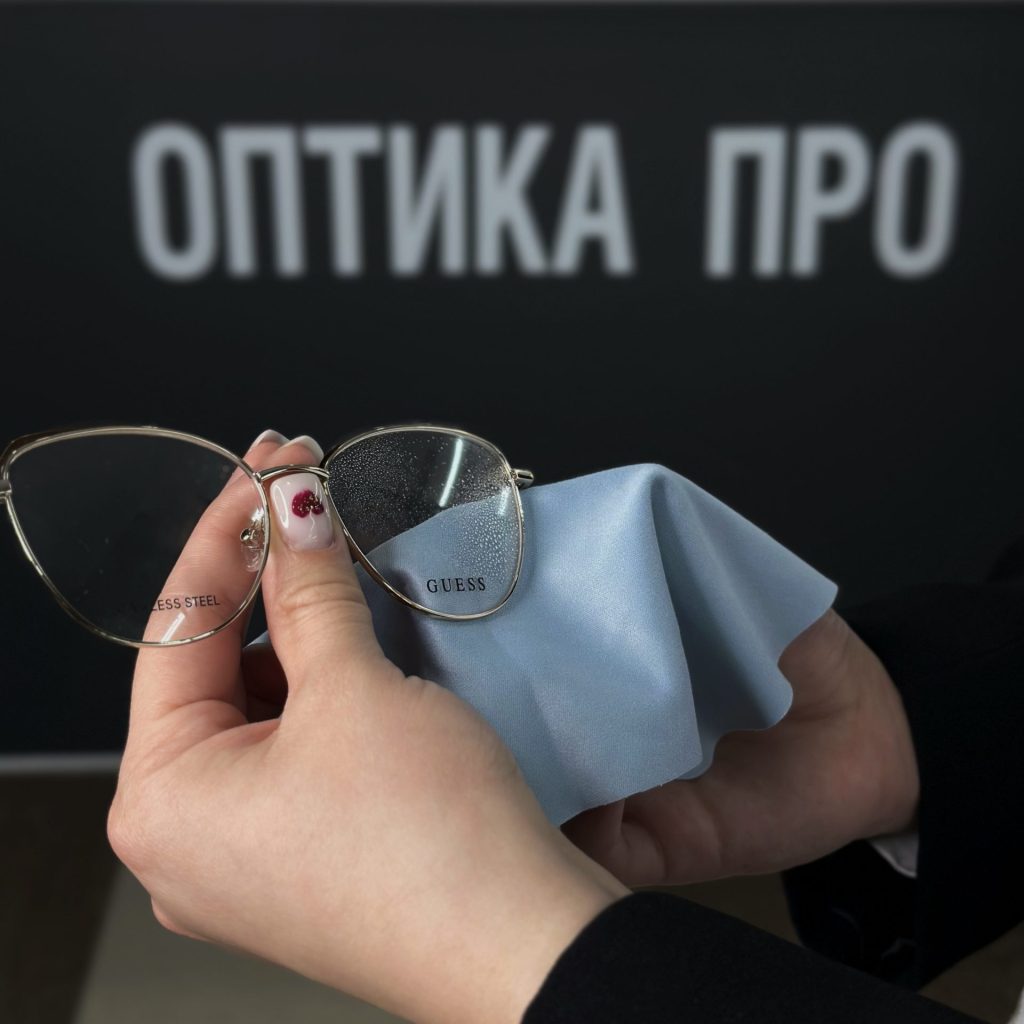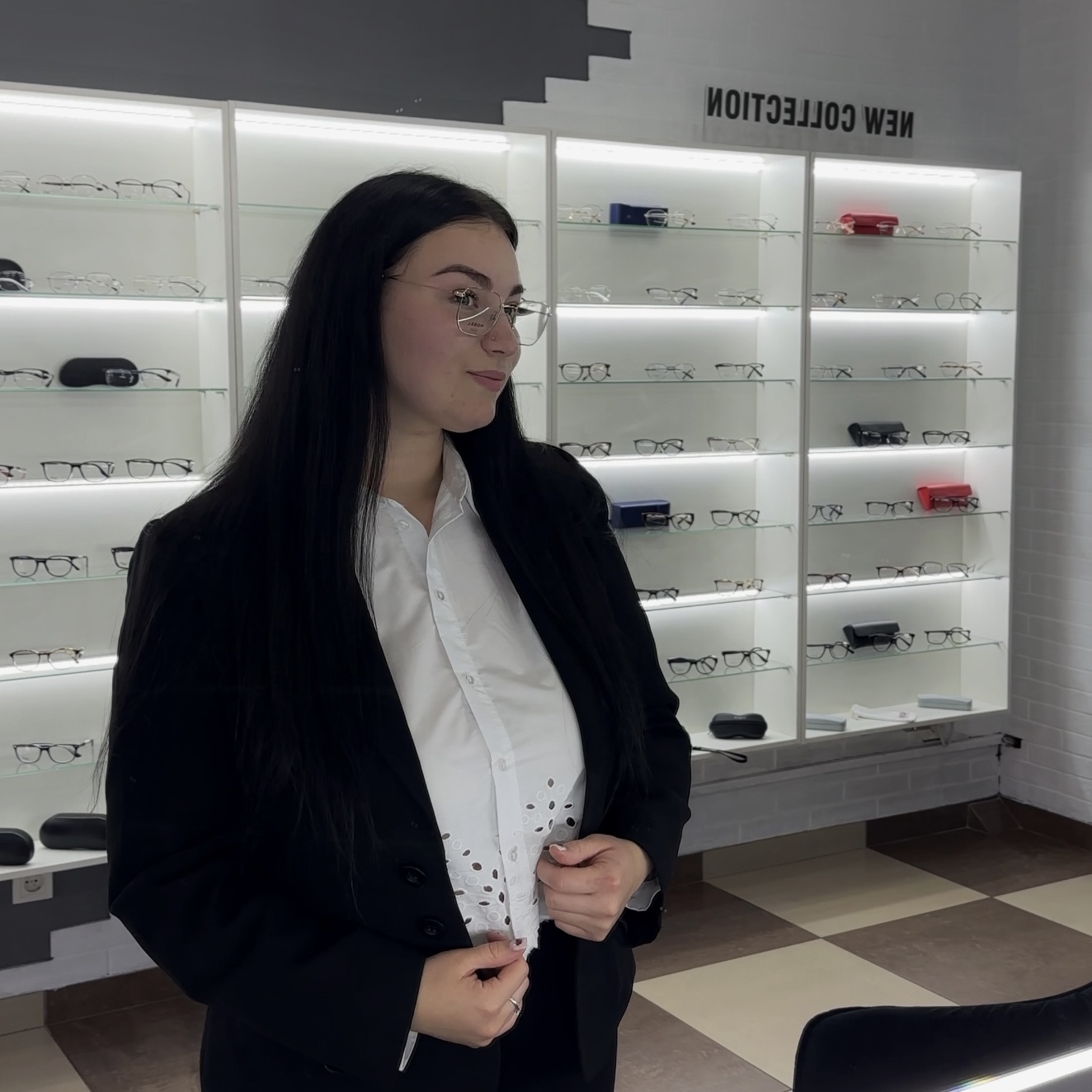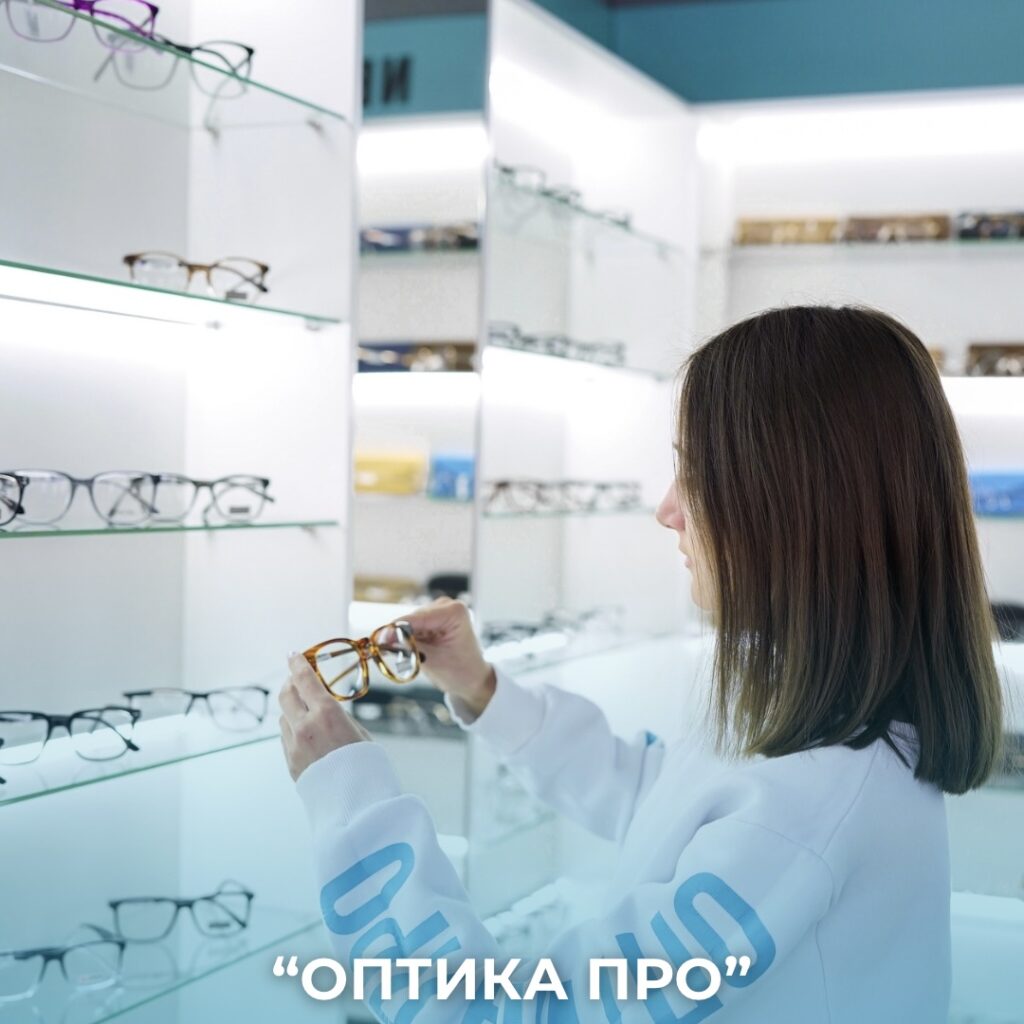Choosing glasses is not only about style, but also about comfort and safety. When it comes to lenses, it's important to understand the difference between polymer and glass options, as each has its own advantages and disadvantages. Polymer lenses are becoming increasingly popular due to their many advantages ☝🏻
Let's look at why you should choose polymer lenses and why some people still prefer glass lenses 💎
The advantage of polymer lenses:
Lightness: Polymer lenses are significantly lighter than glass lenses, making them more comfortable to wear, especially for those who use glasses for long periods of time.
Also, we have the opportunity to choose the thickness of the lens individually at the request of the client.
This makes it possible to create thinner and more aesthetically pleasing lenses.
Durability: Polymer lenses are more resistant to shock and mechanical damage. This reduces the risk of breakage and increases their safety, especially for children and active people.
UV protection: Many polymer lenses have built-in ultraviolet (UV) protection to help protect your eyes from the sun's harmful rays.
🔹Design variations: Polymer lenses have design options. Sphere, aspheric, bi-aspheric, Free Form.
Coatings: Polymer lenses can be easily coated with various protective layers, such as anti-reflective, anti-static, hydrophobic, oleophobic coatings. This increases comfort and ease of use. Easy care and wear resistance.
If you choose a high-quality coating, the service life of the lens will be several times longer than that of a mineral lens (glass)
🔹 Reduced distortion: Thanks to modern manufacturing technologies, polymer lenses have better optical quality and reduce optical distortion.
Adaptation to special conditions: There are polymer lenses that can adapt to different lighting conditions, such as photochromic lenses that darken in the sun and lighten indoors.
📝 These advantages make polymer lenses a popular choice among consumers looking for convenience, safety, and high-quality images.
Advantages of glass lenses:
Glass lenses also have their advantages, despite the fact that polymer lenses are becoming increasingly popular.
Here are the main advantages of glass lenses:
Scratch resistance: Glass lenses are significantly more scratch resistant compared to polymer lenses, even without
additional protective coatings. This makes them more durable in everyday use.
Chemical resistance: Glass is more resistant to chemicals, which can be important for people working in environments with high levels of chemical activity.
Disadvantages of glass lenses over polymer lenses:
Weight: Glass lenses are much heavier than polymer lenses, which can cause discomfort when wearing glasses for a long time, especially for people with high diopters.
Fragility: Glass breaks easily when hit or dropped, increasing the risk of injury and the need for frequent lens replacement. This makes them unsafe.
🔹Thickness: At high diopters, glass lenses can be quite thick, which can affect the aesthetics of the glasses and the comfort of the wearer.
🔹Less resistance to chemical coatings: Although glass lenses are naturally scratch resistant, they may be less compatible with various modern coatings such as anti-reflective or hydrophobic coatings.
🔹Less flexibility in manufacturing: Glass lenses are more difficult to machine and shape compared to polymer lenses, which limits the ability to create special shapes or designs.
🔹Risk of injury: If broken, glass lenses can produce sharp fragments that can cause serious injury to the eyes or face.
Lack of built-in UV protection: Glass lenses alone do not provide protection against ultraviolet (UV) radiation, and require additional coatings to do so.
These disadvantages can influence users' choice in favor of polymer lenses, especially for those who are looking for lightness, safety, and comfort in everyday use.

